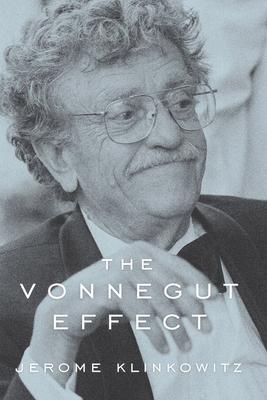A defining analysis of the entire span of Kurt Vonnegut's fiction
Kurt Vonnegut is one of the few American writers since Mark Twain to have won and sustained a great popular acceptance while boldly introducing new themes and forms on the literary cutting edge. This is the "Vonnegut effect" that Jerome Klinkowitz finds unique among postmodernist authors.
In this innovative study of the author's fiction, Klinkowitz examines the forces in American life that have made Vonnegut's works possible. Vonnegut shared with readers a world that includes the expansive timeline from the Great Depression, during which his family lost their economic support, through the countercultural revolt of the 1960s, during which his fiction first gained prominence. Vonnegut also explored the growth in recent decades of America's sway in art, which his fiction celebrates, and geopolitics, which his novels question.
A pioneer in Vonnegut studies, Jerome Klinkowitz offers The Vonnegut Effect as a thorough treatment of the author's fiction--a canon covering more than a half century and comprising twenty books. Considering both Vonnegut's methods and the cultural needs they have served, Klinkowitz explains how those works came to be written and concludes with an assessment of the author's place in American fiction.
